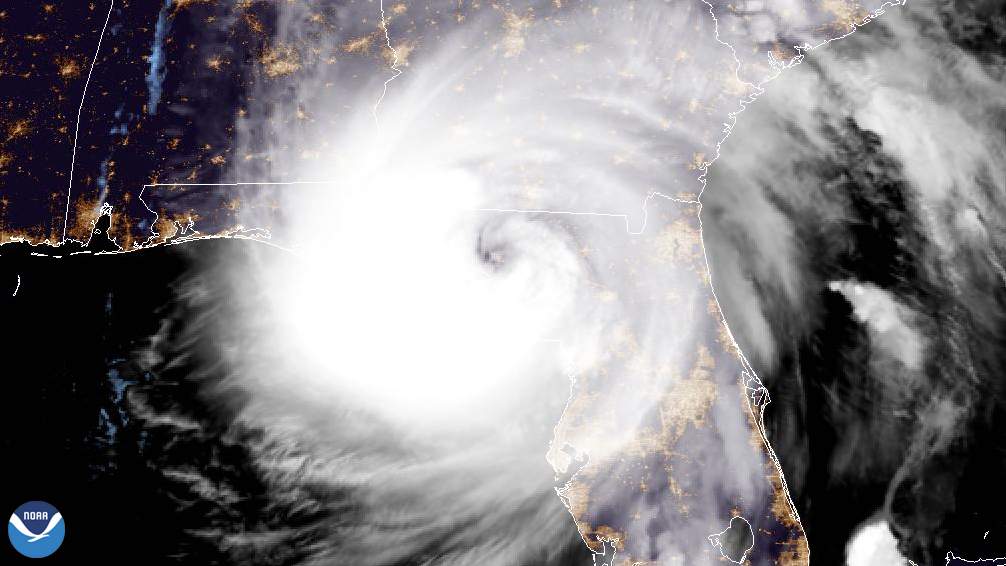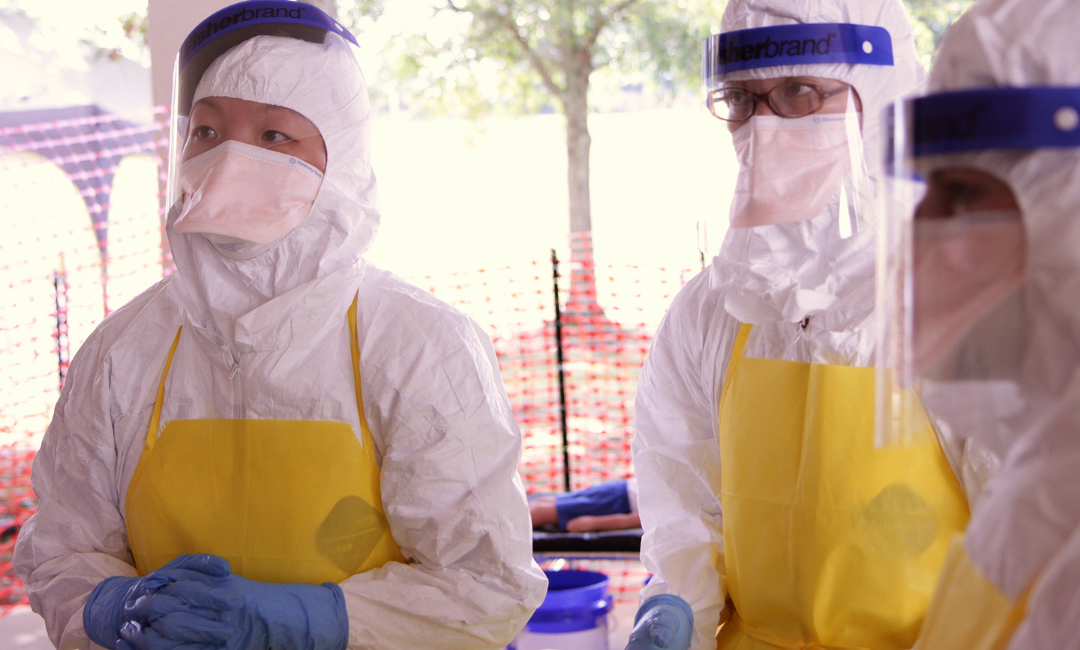Nurses Volunteer in Wake of Hurricane Helene
The Emergency Nurses Association (ENA) President Chris Dellinger issued a statement thanking healthcare workers and first responders for helping their communities “even as their own personal lives have been turned upside down by the storm.” She also stated that ENA was in contact with local leaders regarding support and recovery for its members.
Meanwhile, the North Dakota Medical Reserve Corps sent half a dozen personnel to North Carolina, answering a request through the Emergency Management Assistance Compact (EMAC).
“We are incredibly proud of these members of the Medical Reserve Corps in North Dakota,” Juli Sickler, HHS director of emergency preparedness and response, said in a news release. “Their assistance allows us to send top healthcare professionals to a state so desperately in need. This professional team will provide health and medical assistance to North Carolina’s citizens who are currently in shelters.”
Nurses from other states also are traveling to the affected areas. Kimberly Gebert, RN, from Alaska, recently arrived in Florida as an American Red Cross volunteer. KTUU reported that Gebert was one of two nurses “caring for about 90 displaced residents at a Florida shelter” as of Oct. 1.
“We’re just trying to help keep their spirits up and, you know, provide just compassion and care — help them get their medications and dressing changes, blood sugar checks, blood pressure, anything we can do to help them maintain their health while they’re in here,” Gebert told the local media outlet.
Nurses who work throughout the country in the HCA Healthcare system converged on Asheville, North Carolina, to provide assistance at Mission Hospital, the Asheville Citizen-Times reported.









